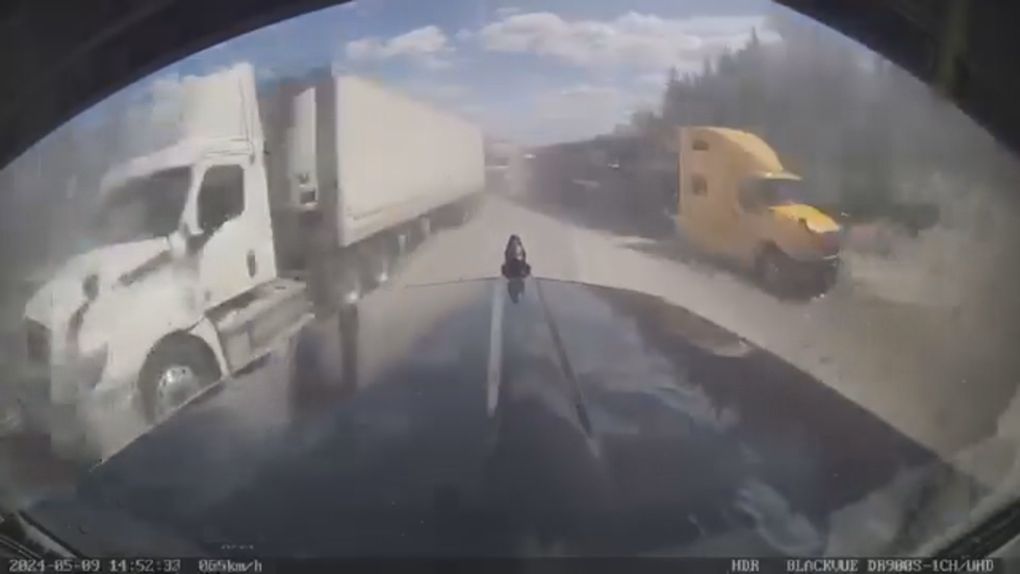If something of that sort was contemplated by Parliament as a current activity, it would be found within an unrepealed statute such as the CN Commercialization Act (S.C. 1995, c. 24). For example, Parliament wanted CN to be unambiguously subject to the Official Languages Act, and a direction to that effect is found at section 15. A direction that it have its headquarters in Montreal is found at section 8.1c. What you won’t find there is a direction to preserve lines at any cost, because the intent of Parliament was to stop throwing money into a bottomless pit.





